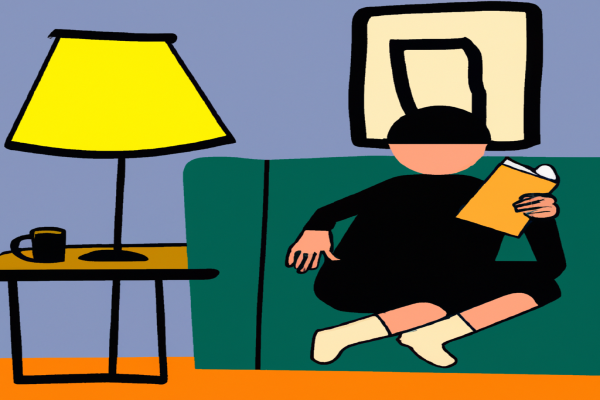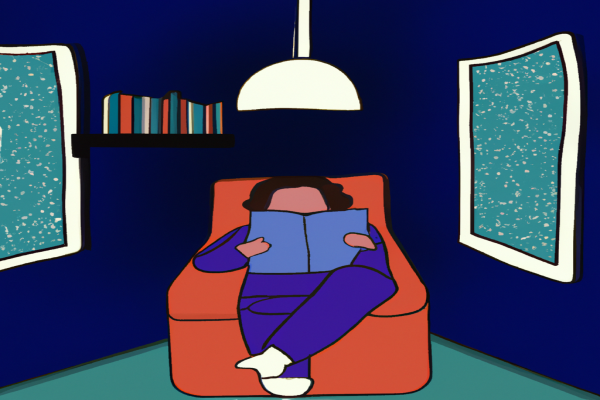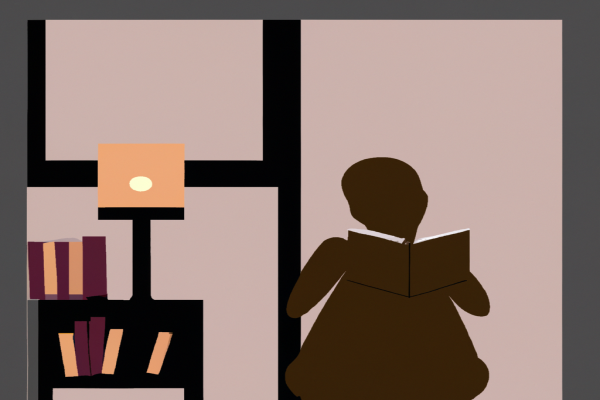Sarah's Key: Summary

Sarah's Key tells the story of Sarah, a young Jewish girl in Paris during World War II. After the Nazis come to arrest her family in 1942, Sarah locks her younger brother in a secret cupboard and promises to come back for him. The story follows Sarah's journey as she is taken to a concentration camp and attempts to find her brother after the war. Along with Sarah's story, the novel also follows Julia Jarmond, an American journalist living in Paris in 2002. Julia becomes obsessed with learning what happened to Sarah and her family, and discovers the truth of what occurred during the war.
Want to know more?
What is Sarah's Key about?
Sarah's Key is a novel by Tatiana de Rosnay, published in 2006. It deals with the Holocaust and the deportation of Jews from France during World War II. The story follows the life of Sarah Starzynski, a young Jewish girl who is arrested by the French police and sent to an internment camp. In order to protect her younger brother Michel, Sarah locks him in a secret closet before she is taken away. When Sarah is later released, she desperately searches for her brother, only to discover that her family's apartment was taken over by another family and her brother's fate remains unknown. The novel examines themes such as identity, memory and legacy, as well as the consequences of war. It also explores the repercussions of forced displacement, how individuals handle guilt and grief associated with trauma, and how the Holocaust continues to affect generations in its wake. Additionally, it touches on issues of justice and forgiveness.
Sarah's Key: Book Club Questions
- What do you think is the main theme of Sarah's Key?
- How did the author use foreshadowing throughout the novel?
- In what ways did Sarah's story influence Julia's life?
- What were some of the consequences of the Vel' d'Hiv Roundup?
- How did learning about Sarah's experiences influence your views on history?
- In what ways do Julia and Sarah differ in their approach to uncovering their family histories?
- What motivates Julia's determination to find out what happened to Sarah and her family?
- How does the author depict the lives of immigrants in Paris both before and after the Vel' d'Hiv Roundup?
- How does the novel explore themes of forgiveness, redemption and hope?
- What do you think was the significance of the title, "Sarah's Key"?
What to say about Sarah's Key
- I found the story incredibly moving and thought-provoking.
- It was amazing to see how the personal story of one family was so deeply intertwined with a much larger historical event.
- The character of Sarah was particularly well-developed and complex.
- I found the author's use of dual timelines to be very effective in conveying both past and present events.
- It was interesting to note how the author was able to explore themes of guilt, identity, and loss through the characters' experiences.
- The writing style of the book was incredibly vivid and detailed in its description of the characters and their actions.
- I think it is a powerful reminder of how important it is to remember our history, both good and bad.
- It highlighted the way that individuals can be affected by larger global events beyond their control, even if they are distant from them geographically or temporally.
- I found it particularly interesting how the book explored how people process trauma and grief in different ways over time.
- Overall, Sarah's Key was an engrossing read that stayed with me long after I finished it!
Top 5 Quotes from Sarah's Key
- "The truth is like a lion, you don't have to defend it. Let it loose, it will defend itself."
- "The past is never dead. It's not even past."
- "You can close your eyes to the things you don't want to see, but you can't close your heart to the things you don't want to feel."
- "This is what it means to be human: To live with an open heart despite all the risks."
- "We are all just links in a chain, a chain we cannot see."
Adaptations of Sarah's Key
1. Sarah's Key (2010): This is a French drama film directed by Gilles Paquet-Brenner, starring Kristin Scott Thomas and Melusine Mayance. It is based on Tatiana de Rosnay's novel of the same name. 2. Sarah’s Key: A Radio Play (2012): This is a radio play adaptation of Sarah’s Key, produced by the BBC and adapted by award-winning playwright David Pownall. 3. Sarah's Key Podcast (2016): This podcast was created by two friends who had read the book and wanted to share their thoughts about it with other fans. The podcast covers the themes and characters in the book, as well as discussing how the story has been adapted for film and radio. 4. Sarah's Key (Musical) (2017): This is a musical adaptation of Sarah’s Key, composed by Guy Woolfenden with lyrics by Tamsin Daisy Rees. It premiered in London in 2017, and has since been performed across the UK and internationally at festivals, theatres and schools.
Other books by Tatiana de Rosnay
- Manderley Forever
- The Other Story
- A Secret Kept
- Boomerang
- The House I Loved
- Eleonore and the Lost Castle
- The Heart Collector
- The Red Notebook
Did you know?
Sarah's Key was adapted into a film in 2010, starring Kristin Scott Thomas and Melusine Mayance.




